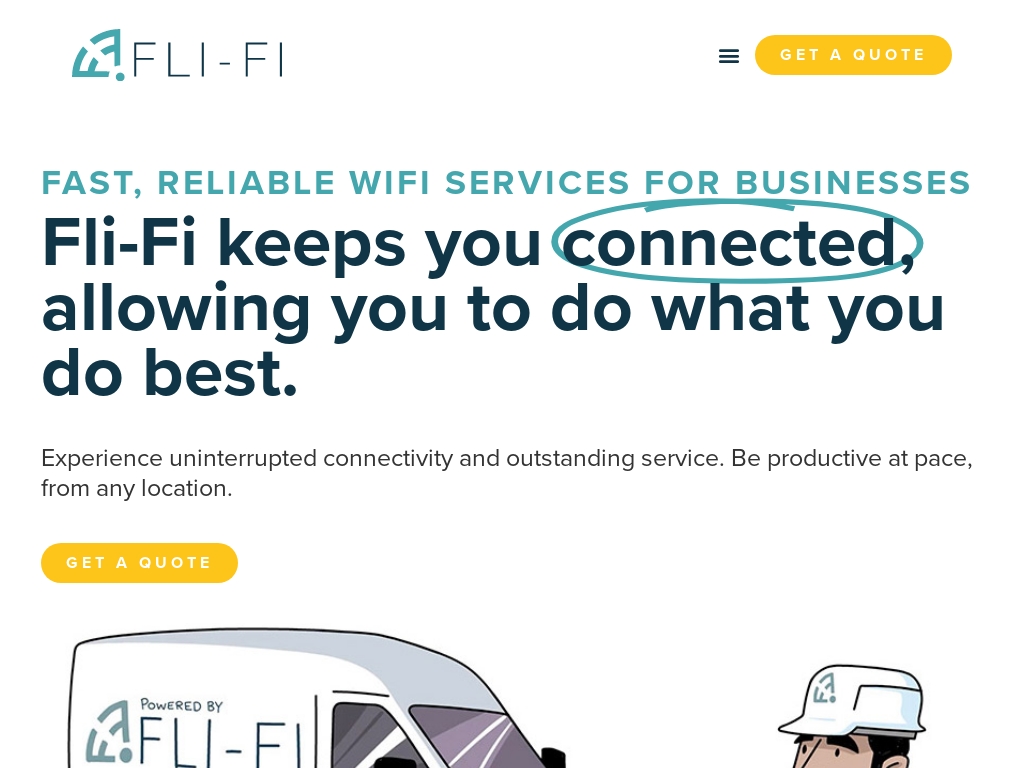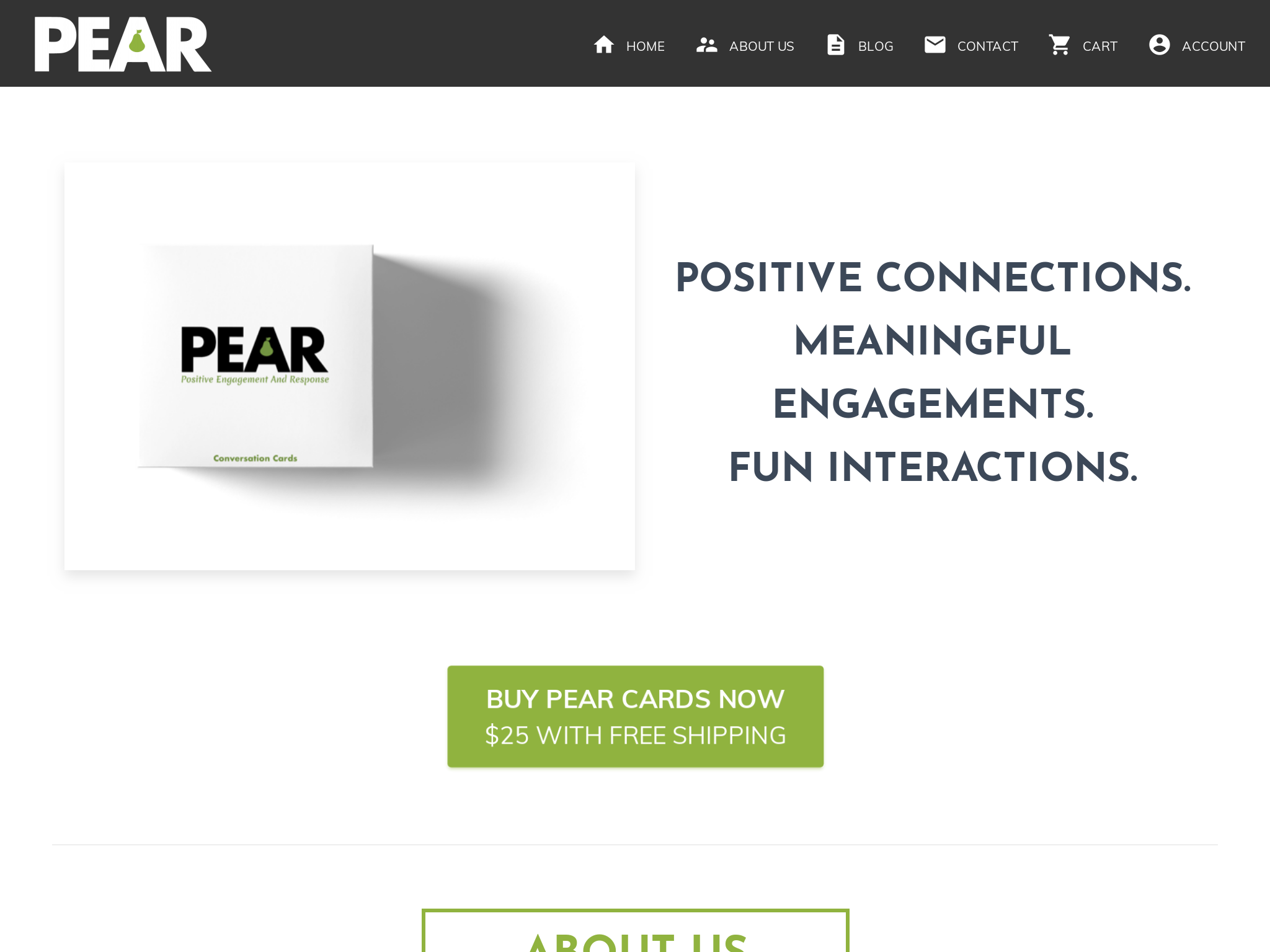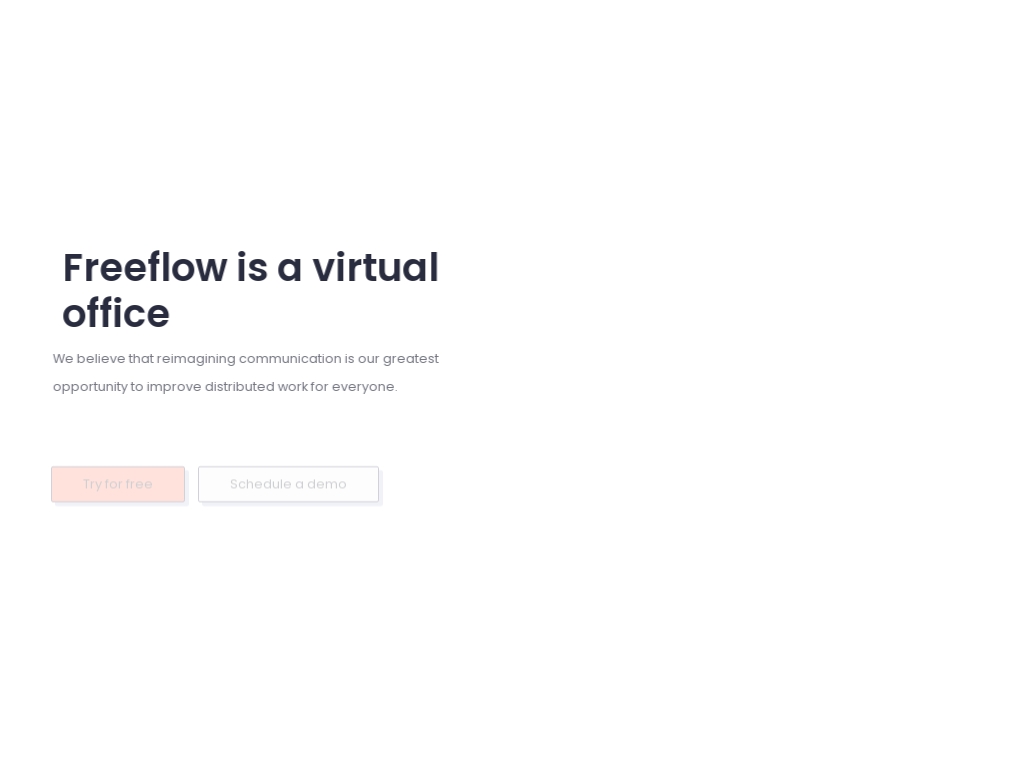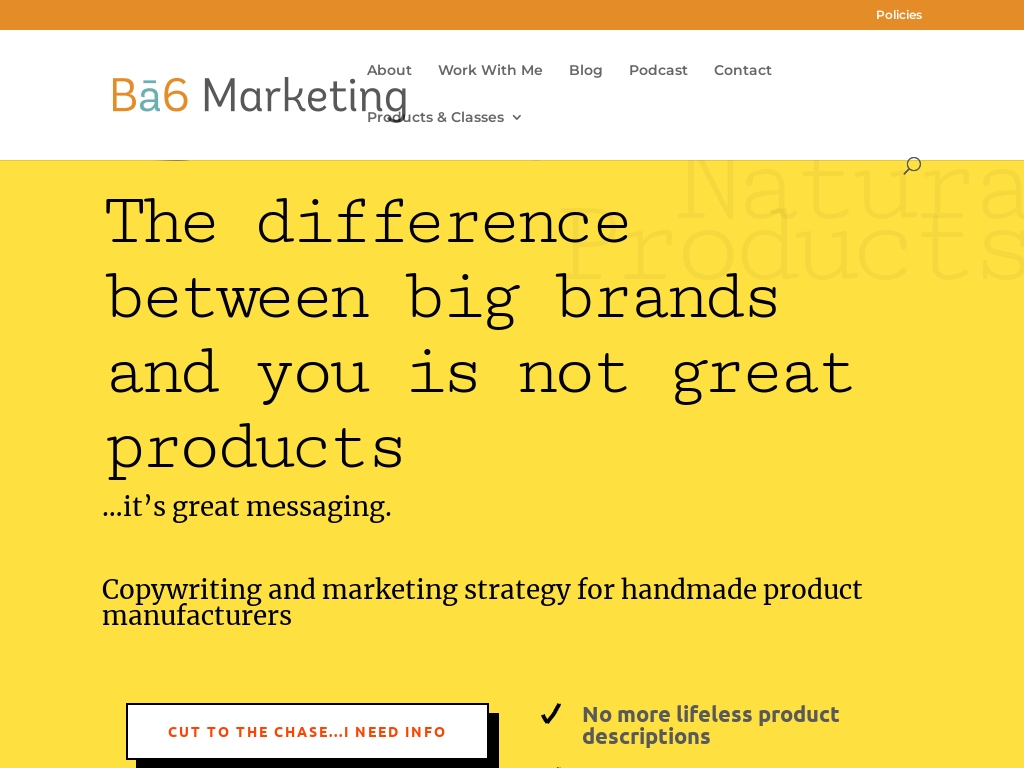
6 Communications Consulting Business Success Stories [2025]
Effective communication can be the difference between success and failure in today's fast-paced business world. Starting a communications consulting business is a compelling way to help organizations enhance their internal and external interactions.
The core of this business lies in advising companies on communication strategies, crafting compelling messages, and improving overall efficiency through better information exchange. As a consultant, you’ll evaluate existing communication channels, identify gaps, and develop tailored solutions that align with your clients' objectives.
If you're passionate about helping businesses articulate their vision clearly and navigate complex conversations, this could be a rewarding venture. Not only does this business offer a way to utilize your strategic thinking and creativity, but it also provides the potential to build lasting relationships with a diverse range of clients.
Your expertise can transform how organizations operate, making communication smoother and more impactful. It’s a service that will always be in demand as businesses strive to stay competitive.
In this list, you'll find real-world communications consulting business success stories and very profitable examples of starting a communications consulting business that makes money.
1. KelTech IoE ($1.8M/year)
Mark Kellett, founder of KelTech IoT, came up with the idea for his business after experiencing the challenges of building advanced Telecoms and Energy Networks. He saw that the existing approaches were leading to a growth in energy and resource consumption, which inspired him to create more efficient and sustainable solutions. The company has already won accolades, including coming 1st out of 800 entrants in a Global Utility Start-up competition and being asked by Amazon to showcase their solution at the finals of their Clean Energy Accelerator.
How much money it makes: $1.8M/year
How much did it cost to start: $2M
How many people on the team: 12


KelTech IoT founder Mark Kellett shares insights on building a next-generation energy and infrastructure company bridging the energy and telecoms gap by creating more efficient and sustainable solutions as network demands increase in the age of IoT, with projected revenues expected to be greater than $100M after 5 years.




2. Fli-Fi ($360K/year)
Ashley Smith stumbled upon the idea for Fli-Fi while working as an IT support consultant. After encountering a client who needed temporary internet connectivity for their photo booth at a music festival, Ashley teamed up with the founder, Will Skewes, and saw the potential for the business to grow. With a unique product called the PaW (Portable access WiFi) and a focus on providing exceptional service, Fli-Fi has experienced triple-digit growth each year and attracted clients from various industries.
How much money it makes: $360K/year
How much did it cost to start: $5K
How many people on the team: 2


Fli-Fi is a temporary internet connectivity and WiFi company that has seen consistent triple-digit growth over the last 6 years, with more than 30 jobs and repeat business from clients who trust and rely on their great service.




3. VComply ($300K/year)
Harshvardhan Kariwala, the CEO and Founder of VComply, came up with the idea for his business after experiencing compliance issues in his previous startup. He realized the need for a tool that could track and manage governance, risk, and compliance workflows, leading him to develop VComply as an internal tool. After accidentally attracting the interest of the City of Boston, Harshvardhan recognized the potential of his product and decided to launch it as a business. Since then, VComply has received funding and has been steadily growing, with plans to expand further in the future.
How much money it makes: $300K/year
How many people on the team: 40

VComply CEO and Founder Harshvardhan Kariwala turned an internal governance, risk, and compliance (GRC) tool into a successful business, raising seed and Series A rounds of $2.5M and $6M, respectively, and projecting expansion into Australia, New Zealand, and Europe in 2022.




4. PEAR Cards ($228K/year)
Matthew Roberts, co-founder of PEAR Cards, came up with the idea for his business after using a set of "Positivity Cards" at a friend's party. Inspired by the meaningful and touching experience, Roberts realized the need for more moments like that in people's lives and set out to create PEAR Cards, a card-based tool/game that initiates positive conversations. With the help of his co-founder and friend, Roberts built the initial version of PEAR Cards, gathered feedback, and launched a successful Kickstarter campaign to fund their production. The brand has since grown through word of mouth, social media, and the support of influential partners like Ad Magic.
How much money it makes: $228K/year
How many people on the team: 1


PEAR Cards is a card-based tool/game that empowers players to open up and initiate positive conversations, and with the help of Ad Magic, their Kickstarter had an all-or-nothing fundraising goal, which they met with so much support the company is now growing through the power of Twitter and Instagram.




5. Freeflow ($60K/year)
Mikhiel Tareen and Nick Scavone, former employees of Okta, noticed the challenges that remote employees faced in terms of feeling disconnected from their teams. They conducted extensive research and discovered that the root cause was the lack of casual and spontaneous communication tools for remote teams. This led them to create Freeflow, a B2B software company that provides a 'virtual office' for remote teams to collaborate in a more organic and efficient manner.
How much money it makes: $60K/year
How many people on the team: 8


Freeflow, a B2B software company providing a 'virtual office' for remote teams, raised $1.7M in pre-seed funding, reduced meeting times by as much as 50%, boasts 35+ daily team conversations, and helps globally scaling firms integrate new hires and onboard into the culture.




6. Ba6 Marketing ($54K/year)
Christine Laureano, founder of Ba6 Marketing, made a 180o pivot from being a natural product maker to a conversion copywriter and marketing strategist for product-based businesses. She noticed that many product makers hated marketing and decided to put her marketing talent to use by helping them with their copywriting and marketing strategies.
How much money it makes: $54K/year
How much did it cost to start: $3K
How many people on the team: 0


Ba6 Marketing founder Christine Laureano pivoted from natural product maker to conversion copywriter, helping brands in the natural beauty and personal care industries with marketing strategy and copywriting. She found her biggest success with email marketing, catalogs and postcards, and gathering emails at events and talks. Laureano stresses understanding customers and being patient with oneself, and offers online classes for copywriting and marketing and a Maker Marketing Academy to help makers understand marketing.





Download the report and join our email newsletter packed with business ideas and money-making opportunities, backed by real-life case studies.

Download the report and join our email newsletter packed with business ideas and money-making opportunities, backed by real-life case studies.

Download the report and join our email newsletter packed with business ideas and money-making opportunities, backed by real-life case studies.

Download the report and join our email newsletter packed with business ideas and money-making opportunities, backed by real-life case studies.

Download the report and join our email newsletter packed with business ideas and money-making opportunities, backed by real-life case studies.

Download the report and join our email newsletter packed with business ideas and money-making opportunities, backed by real-life case studies.

Download the report and join our email newsletter packed with business ideas and money-making opportunities, backed by real-life case studies.

Download the report and join our email newsletter packed with business ideas and money-making opportunities, backed by real-life case studies.











